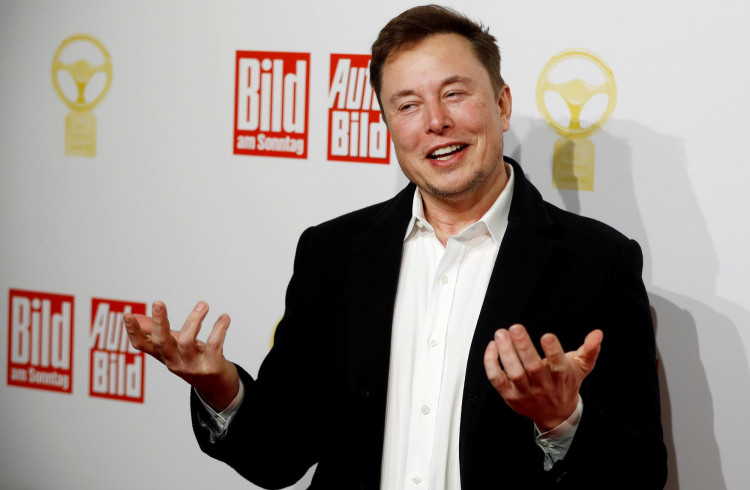Elon Musk has reignited his legal battle against OpenAI, this time targeting its partnership with Microsoft. In a lawsuit filed in the Northern District of California, Musk accuses OpenAI's CEO Sam Altman and President Greg Brockman of fraud and breach of contract, alleging they swindled him out of $45 million. Musk claims the AI venture deviated from its original mission to develop technology "for the benefit of humanity" by forming a lucrative partnership with Microsoft.
The lawsuit seeks to invalidate OpenAI's exclusive license with Microsoft, which provides the tech giant with unique access to GPT-4's underlying code. Additionally, Musk is demanding treble damages and disgorgement of profits tied to his investments. The complaint names Altman, Brockman, and numerous subsidiaries, highlighting the alleged transformation of OpenAI's non-profit structure into a for-profit enterprise.
Musk's legal action underscores a broader concern about the concentration of AI development power in the hands of a few major corporations. "This case is about far more than money; the future of AGI lies in the balance," stated Marc Toberoff, Musk's attorney. Toberoff, known for representing creators in high-profile copyright cases, emphasized the potential threat to talent if AI tools remain controlled by a handful of companies.
Musk's ties to OpenAI date back to 2015, when he co-founded the organization alongside other prominent Silicon Valley investors. The lawsuit references communications from Altman, in which he assured Musk that the technology would be owned by the foundation and used "for the good of the world." This promise, according to Musk, was betrayed when Altman allegedly orchestrated the creation of numerous for-profit entities under OpenAI's umbrella.
In 2016, Microsoft offered to provide "Compute" to OpenAI at a steep discount in exchange for promoting its products, a move that Musk found troubling. "This actually made me feel nauseous," Musk wrote to Altman at the time. The partnership was publicly announced later that year, granting OpenAI access to Microsoft's advanced technology for large-scale AI training.
Musk left OpenAI's board in 2018 due to a potential conflict of interest with Tesla, his electric vehicle company, which was increasingly focusing on AI. Following his departure, Musk claims Altman directed OpenAI to establish several for-profit entities, including OpenAI L.P., a "capped-profit company." The lawsuit alleges that Altman transferred staff and assets from the non-profit division to the new for-profit entity, profiting from the non-profit's resources.
The lawsuit also accuses Altman of misrepresentation and self-dealing. It highlights instances where Altman allegedly withheld information from the board and engaged in business dealings that benefited him personally. These include a partnership with Reddit to display its content on ChatGPT and a $51 million chip deal with Rain, another company in which Altman holds a significant stake.
In addition to these allegations, the complaint mentions a pending deal with Helion Energy, in which Altman owns a substantial interest. This deal, according to the lawsuit, involves purchasing large quantities of electricity to power OpenAI's data centers.
The complaint follows Musk's decision in June to drop a similar lawsuit against OpenAI and Altman without explanation. Despite his departure from OpenAI, Musk has remained a vocal critic of the company, accusing it of abandoning its original mission.
In the broader context, this lawsuit reflects ongoing tensions in the AI industry regarding the balance between innovation, ethical considerations, and profit. Musk's case against OpenAI could set a precedent for how AI companies navigate the complex landscape of technology development, partnerships, and regulatory scrutiny.
Musk is represented by Marc Toberoff, a prominent attorney known for his work in copyright termination cases. Toberoff has previously brought lawsuits on behalf of high-profile clients, including the estate of Steve Ditko, co-creator of Spider-Man and Doctor Strange, and the heirs to the writer of the magazine story that inspired "Top Gun."






